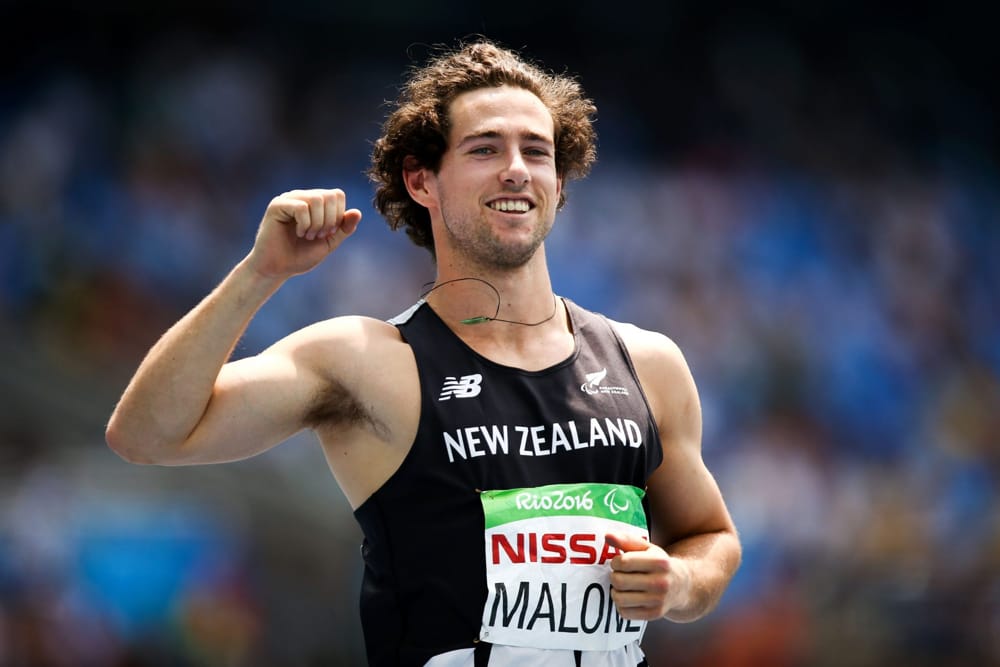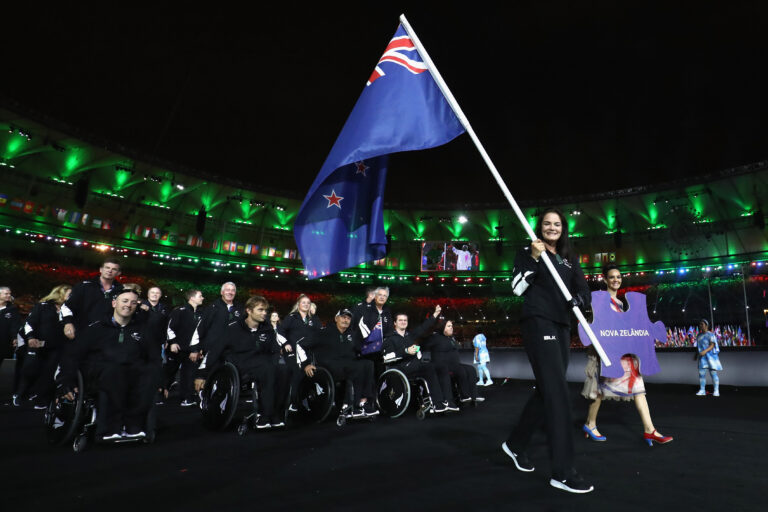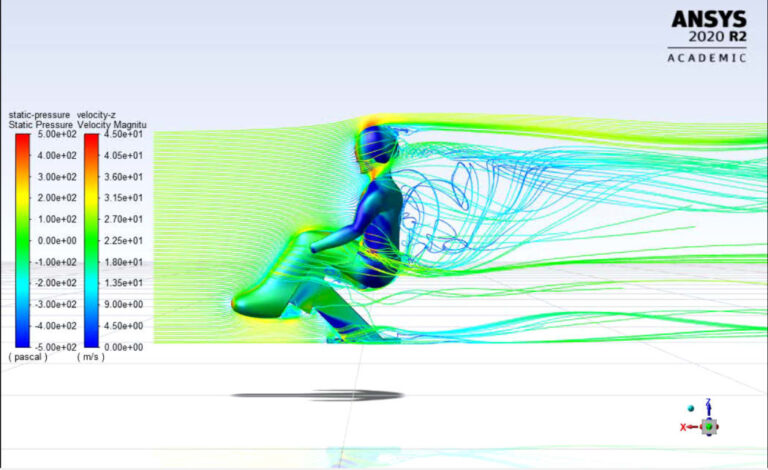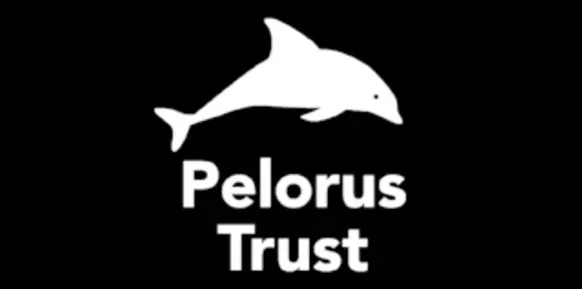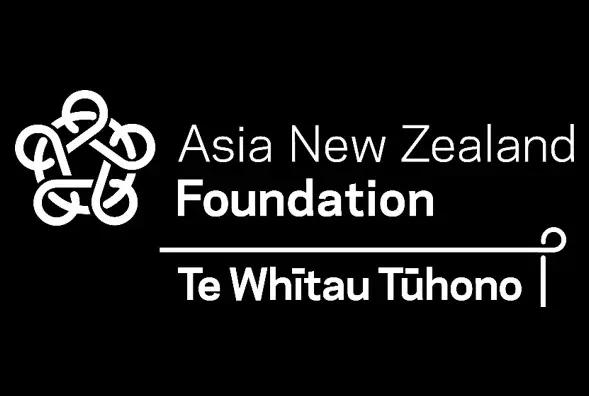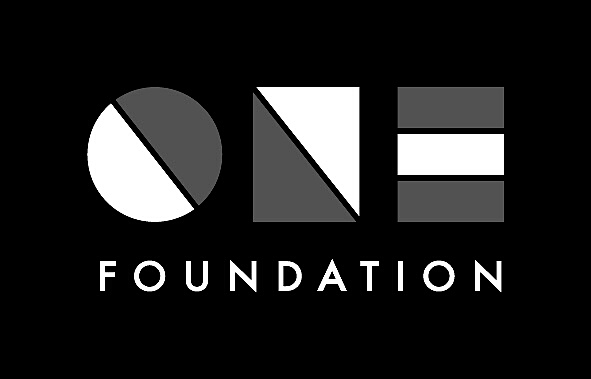The Paralympic Movement offers sports opportunities for athletes with physical, vision and/or intellectual impairments that have at least one of the following 10 eligible impairments: impaired muscle power, impaired passive range of movement, limb deficiency, leg length difference, short stature, muscle tension, uncoordinated movement, involuntary movements, vision impairment and intellectual Impairment.
Classification systems differ by sport and are developed by the International Federations (IF) governing the sport. The IF is also responsible for reviewing the system from time to time.
Read more about Para athlete classification.
WHAT IS A PARA ATHLETE
We often get asked about the classification for Para athletes and what it means to be a Para athlete and we recently wrote an extensive article about what it means to be a Para athlete.
In summary, athletes competing in Para sport (Para athletes) have a health condition that presents as an impairment and leads to a competitive disadvantage in sport. Classification then enables Para athletes to compete in a fair and equitable competition within the Paralympic Movement.
WHO CAN PARTICIPATE IN THE PARALYMPIC GAMES
As we edge closer to the Paris 2024 Paralympic Games, it is good to understand who can participate in the Paralympic Games and what Para athletes need to do to be eligible.
Once Para athletes have been classified, they are then eligible to compete in that designated Para sport and they may well start off at a local level through their local Parafed which delivers a range of disability sport and recreation programmes and is a great way to introduce yourself to other Para athletes and build skills.
Here at Paralympics New Zealand (PNZ), we have a carefully designed pathway for Para athletes to achieve their goal of representing New Zealand at the Paralympic Games. There are seven stages a Para athlete typically goes through in order to reach the pinnacle of Para sport:
- Explore
- Engage
- Extend
- Prepare
- Perform
- Podium
- Excellence
You can read more about the Pathway to the Paralympic Games in our Getting Started section.
QUALIFYING FOR THE PARALYMPIC GAMES
We carefully monitor the progress of Para athletes at all stages of the Pathway. In the Explore and Engage stages, PNZ classification is not required in order to participate in Para sport, however, as Para athletes progress, a PNZ classification is required once they reach the Extend phase.
The Extend phase represents entry to the High Performance Para Athlete Development Pathway. Individuals displaying interest and early signs of potential for future High Performance involvement may be invited to participate in occasional training camps, activities, and workshops with a National High Performance Athlete Development Programme.
As Para athletes develop and move to the Prepare phase, this is a time when they are introduced to High Performance training environments, behaviours, and competition. Involvement in the National High Performance Athlete Development Programme will increase during this phase, with Para athletes expected to maintain regular contact with the National Development Coach/Coordinator for their sport and attend several training camps per year.
At the Perform stage, Para athletes are tracking towards podium performance at World Championships and Paralympic Games and at this stage, they may be selected to the High Performance Programme for their sport. All Para athletes in the Perform phase will have an International Classification and in most cases, will have a World Ranking for their Para sport. At this stage, Para athletes will be in a position to attend qualifying events to meet the qualification requirements for their individual sport. These qualification methods include:
- Placement at World Championships
- Placement at Regional/Zonal Championships or Regional Games
- Placement in other IF-sanctioned competitions or designated Paralympic qualifiers
- Rank on a World or Regional Ranking List
- Rank on a specific Paralympic Qualification Ranking List
- Achievement of a Minimum Qualification Standard (MQS) with or without subsequent Quota Allocation Formula
- Bipartite Commission Invitations.
The pinnacle for any Para athlete is to become a Paralympian which means you have represented your country at the Paralympic Games. First-time or sporadic podium performers at World Championships and Paralympic Games are considered to be in the Podium phase and their main focus is on achieving podium success at major international events.
Every now and again, New Zealand will see an exceptional Para athlete who consistently achieves gold medal results across multiple Paralympic cycles. Paralympian #166 Sophie Pascoe and Paralympian #158 Adam Hall are two inspiring examples of Para athletes in the Excellence phase.
The standard-bearer for Para sport in New Zealand, Dame Sophie Pascoe is an eleven-time Paralympic gold medallist and multiple World Champion in Para swimming. At the Tokyo 2020 Paralympic Games, Sophie won four medals – taking her total tally to 19 Paralympic medals. This has now made Sophie the most decorated and successful New Zealand Paralympian ever! Sophie was appointed a Dame in the 2022 New Year’s Honours for her services to swimming. She is the youngest person to be awarded the title. Dame Sophie was part of the NZ Team at the Birmingham 2022 Commonwealth Games, winning gold in the 100m freestyle S9.
Adam Hall has represented New Zealand five times at the Paralympic Games in Torino 2006, Vancouver 2010, Sochi 2014, PyeongChang 2018, and Beijing 2022 taking the gold medal in standing slalom at both the Vancouver 2010 and PyeongChang 2018 Paralympics. At the 2018 PyeongChang Paralympics Adam received the Whang Youn Dai Achievement Award, given to only two Paralympians who best embody the spirit of the Paralympic movement, and is the only New Zealander ever to have received it.
COMPETING IN THE PARALYMPIC GAMES
At PNZ we and our members provide the processes, programmes, and support to give all Para athletes the best possible chance of reaching the Excellence phase.
To help more Para athletes reach the latter phases of our development pathway and lead New Zealand Paralympic Teams to the Paralympic Games, we rely on the support we receive through government funding, grants from trusts and foundations, donations, commercial partnerships, and gifts in wills which make our Para sport, community and advocacy programmes possible. We remain incredibly grateful for any support received. You can help too, by visiting Support Us or Donate Now.
First published: Friday 4 March 2021
Last updated: Friday 1 March 2024

